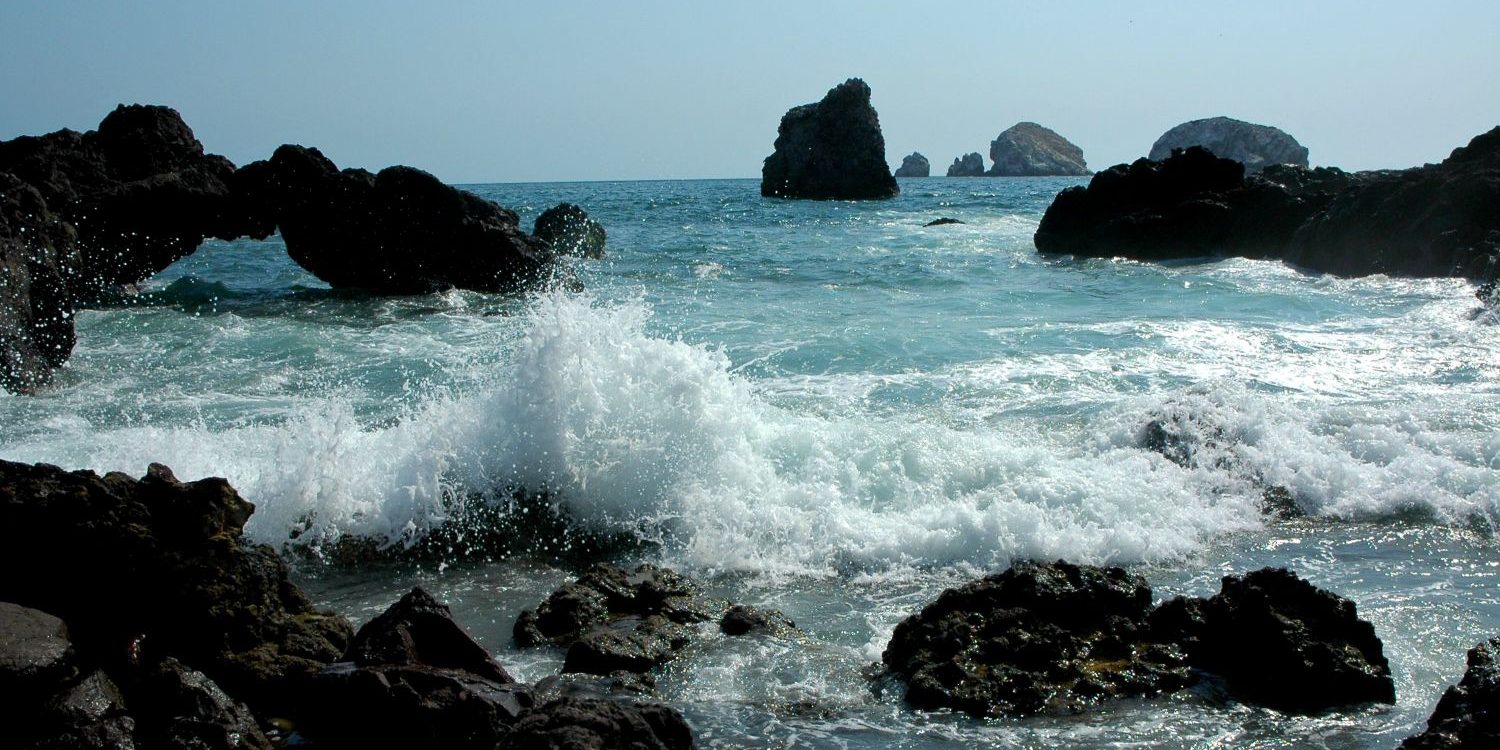Climate News: Key takeaways from the UN Ocean Conference 2025
The United Nations Ocean Conference (UNOC) 2025, co-hosted by France and Costa Rica, was held in Nice from 9–13 June this year. The conference focused on supporting sustainable development, with the overarching theme of “accelerating action and mobilising all actors to conserve and sustainably use the oceans”.
The conference has united governments, NGOs, scientists, and local communities in its aims to “assess the challenges and opportunities” of implementing Sustainable Development Goal 14: to conserve and sustainably use the oceans, seas, and marine resources. Through several important movements, UNOC has provided an optimistic view for the future of our relationship with marine ecosystems.
We are one step closer to implementing a legally binding international push to protect and regenerate our oceans
One promising development comes in the United Kingdom’s action to ratify the High Seas Treaty. This treaty “establishes binding requirements for countries to protect marine areas beyond their territorial waters”. For the High Seas Treaty to come into effect, at least 60 of the 193 UN member states must ratify it under their national law. The High Seas Alliance Ratification Tracker is currently at 50 countries, and with the UK pledging to ratify by the end of the year, we are one step closer to implementing a legally binding international push to protect and regenerate our oceans.
Elsewhere, French Polynesia has announced the creation of the largest Marine Protected Area (MPA) in the world. Covering the entirety of the country’s exclusive economic zone (EEZ), the MPA will span almost 5 million square kilometres. 1.1 million square kilometres of the EEZ will be classed as a “highly protected area”, where only “traditional coastal fishing, ecotourism and scientific exploration” will be permitted. It has also promised to add another 500,000 square kilometres to this area by 8 June, 2026 (World Oceans Day). Sir David Attenborough, in his latest documentary Ocean, outlined the unbelievable speed at which the ocean can regenerate if we give it the space to do so. The scale of French Polynesia’s latest MPA should contribute hugely to the overall restoration of our marine ecosystems.
It is promising to see world leaders focusing on a wide range of marine issues and making commitments to contribute to solutions and mitigations
A new report, ‘All Eyes on Antarctica’, was launched during a UNOC side event, and exposes the devastating effects that industrial krill fishing has on Antarctica’s marine ecosystem. Krill are “small shrimp-like crustaceans” that, despite their small size, play a huge role in the food web. Antarctic krill make up most of Antarctic marine life’s diets. “Ocean warming, sea ice loss, and ocean acidification” are already diminishing the number of krill in our ocean, so industrial fisheries also targeting the species means the entire ecosystem is under threat. The report recommends forbidding krill fishing in the Southern Ocean, establishing the Antarctica Peninsula as an MPA, reforming the Commission for the Conservation of Antarctic Marine Living Resources (CCAMLR), and ensuring the protection of at least 30% of Antarctica’s “high conservation value” waters.
Finally, world leaders have renewed calls for a global moratorium (temporary prohibition) on deep sea mining. The deep sea mining industry is emerging due to the industrial value of minerals such as copper, cobalt, nickel, and manganese, which can be found in the seabed. The environmental consequences of this industry cannot be fully known yet, due to its recent emergence. However, there are concerns about the destruction of the seabed and the potential release of stored carbon. Sir David Attenborough said on the matter: “The rush to mine this pristine and unexplored environment risks creating terrible impacts [and so] we need to be guided by science.”
Overall, it seems the conference has been a success in hastening global efforts toward marine conservation. It is promising to see world leaders focusing on a wide range of marine issues and making commitments to contribute to solutions and mitigations. It will be interesting to see leaders putting these words into tangible actions.

Comments